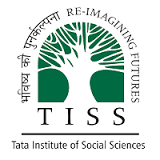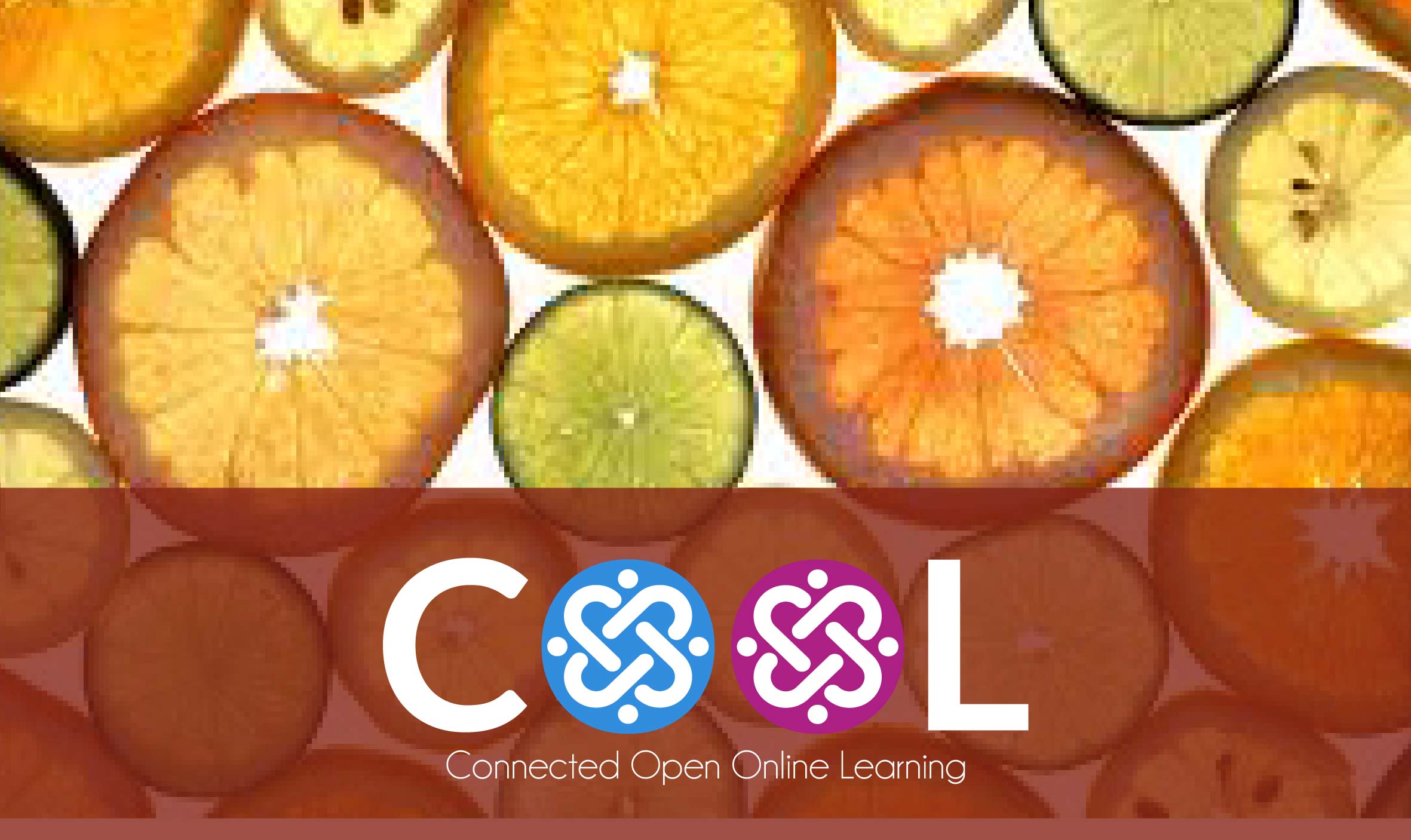About This Resource
We are offering these Connected Open Online Learning (COOL) resources to enable student-teachers and teacher educators to stay connected to your learning. Please stay safe and use these COOL resources for TE and continue with your professional education during this COVID-19 pandemic lockdown period.You can use the url tissx.tiss.edu or the tissx android app.
We have mapped the resources onto the BEd Curriculum Framework of NCTE. (See the table below).
We hope you will find these resources useful. We also invite you to enrol in our online modular certificate courses when they are announced on tissx.tiss.edu.
You can send us your feedback (use this link here) or post your suggestions and ideas to share with others in the discussion pages within the resource.
This resource on Pedagogy of Mathematics is developed from Mathematics Education Research and classroom practices. They are relevant to mathematics teachers, student-teachers and teacher educators. They draw on your experiences as a student or teacher to help you draw out principles of mathematics teaching and learning which you can use when you teach. It also introduces you to the use of technology-enabled student modules in classroom instruction.
NCTE curriculum and RTICT Mathematics resources mapping
|
Sr.No. |
NCTE B.Ed. Curriculum topics |
COOL Mathematics Education Resource Mapping |
| 1. | Nature of Mathematics |
Unit 05: Nature of mathematics
Session 5.1: Mathematisation and Processes in Mathematics Session 5.2: Need for proof |
| 2. |
Course 7 (a&b): Pedagogy of Mathematics
Aims and Pedagogical approaches for the teaching of Mathematics |
Unit 02: Aims and pedagogical approaches
Session 01: Goals and Objectives for Teaching Session 02: Anxiety Over Mathematics Session 03: Pedagogic pillars for teaching mathematics |
| 3. |
Course 7 (a&b): Pedagogy of Mathematics
Resources for Mathematics teaching and learning |
Unit 04: Resources for teaching and learning Mathematics
Session 01: Resources for Mathematics teaching Session 02: Teaching Learning Material |
| 4. |
Course 7 (a&b): Pedagogy of Mathematics
How children construct the knowledge of mathematics Course 9: Assessment for Learning Assessment for learning Psycho-social dimensions of math learning |
Unit 03: Assessment for learning mathematics
Session 01: Multiple modes of assessment Session 02: Student learning and mathematics Session 03: Analysing student thinking and errors |
| 5 |
Course 7 (a&b): Pedagogy of Mathematics
Theories of learning Enquiry, discovery, conceptual development, activity-based learning |
Will be released soon |
| 6 |
Course 7 (a&b): Pedagogy of Mathematics
Revisiting basic concepts of school mathematics How children construct knowledge of mathematics Course EPC3: Critical Understanding of ICT |
Unit 1B: Proportional Reasoning
Introduction to Unit 1B Session 1B.1: Developing proportional reasoning Session 1B.2: Analysing students' thinking about proportions Session 1B.3: Using sharing context Session 1B.4: Multiplicative thinking Session 1B.5: Knowledge of proportions Session 1B.6: Proportional Reasoning and GeoGebra applications |
| 7 |
Course 7 (a&b): Pedagogy of Mathematics
Revisiting basic concepts of school mathematics How children construct knowledge of mathematics Course EPC3: Critical Understanding of ICT |
Unit 1A: Geometric Reasoning
Introduction to Unit 1A Session 1A.1: Using a technology integrated student module for teaching geometry Session 1A.2: Analysing students' thinking Session 1A.3: Concept of shape Session 1A.4:Analysing Properties of shapes Session 1A.5: Using Geogebra Session 1A.6: Understanding class inclusion Session 1A.7: Understanding need for proof |
| 8 |
Course 7 (a&b): Pedagogy of Mathematics
Revisiting basic concepts of school mathematics How children construct knowledge of mathematics Course EPC3: Critical Understanding of ICT |
Unit 1C: Linear Equations
Session 1: Introduction Overview of Student Platform Unit 1 Overview of Student Platform Unit 2,3 and 4 Session 2: Discussions on strategies for solving Linear Equations Session 3: Use of real-world situations to learn Linear Equations Session 4: Use of technology interactives to learn Linear Equations Session 5: Collaborative learning in an online environment |
These resources are a part of the modular courses of the Post Graduate Certificate for Reflective Teaching with ICT (RTICT), and have been offered by TISS to over 2000 teachers. These resources were developed as a part of the Connected Learning Initiative CLIx.tiss.edu an initiative seeded by the Tata Trusts and led by the Tata Institute of Social Sciences, Mumbai and Massachusetts Institute of Technology, MA, USA; Winner of the King Hamad Prize for Excellence in the Use of ICTs in Education (2018). This COOL adaptation has been supported with additional grants from the Pandit Madan Mohan Malaviya National Mission for Teachers and Teaching. CLIxOER.tiss.edu has several modules, simulations and tools relating to school science, mathematics and English learning.
TISS-COOL is supported by Tata Institute of Social Sciences, and grants from the Tata Trusts and Pandit Madan Mohan Malaviya National Mission for Teachers and Teaching.
Resource Staff
Dr. Ruchi Kumar
Saurabh Thakur

Connected Open Online Learning (COOL OER) by CETE TISS is licensed under CC BY-SA 4.0

